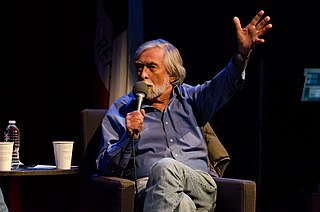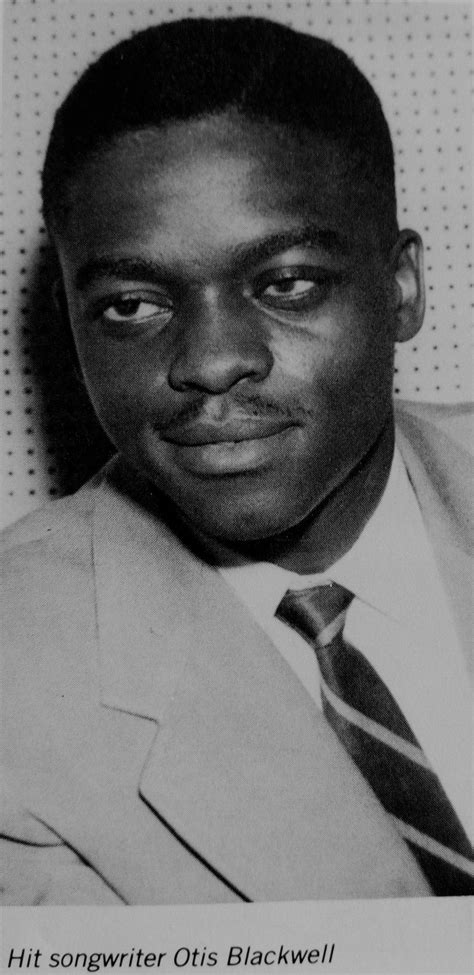A Quote by Colson Whitehead
It's always hard to write and get your words out there, to find an editor, a publisher - readers! - who are going to appreciate them.
Related Quotes
In the long run, the quality of your work is all that matters. That is your only resumé. Be professional. Make sure your editor or publisher can always reach you. Do what's asked of you if your conscience can bear it. But know that, five years from now, as fans or prospective employers are looking over your published pages, no one will care that this story sucks because the publisher moved the deadline up or because the editor made you work an android cow into the story. All they will care about is what they see in front of them, and they will hold you responsible for it, no one else.
I find with most of my readers are kind of like me, sort of people who were a little bit naive in life and then learned the hard way that this is what's going on, the political games and most of my readers write to me telling me that the book helped them open their eyes to what other people are doing to them.
As soon as I finished 'The Finkler Question,' I was in despair. I'd changed my English publisher because they'd been lukewarm about it and not offered enough money. The American publisher didn't like it. The Canadian publisher didn't like it... I'd been bleeding readers since my first novel, and I could see my own career going down.
You've got to go out there and play the game the way it's supposed to be played. Then you get people to like you and appreciate your work by just going out there and competing every down. Jerry Rice was looked at in that perspective. He went out there and was a hard-working guy. He was going to give it his all.
People are going to bash you. You get rejected. It's hard. I don't really feel like that's my place as the teacher. I think the most important thing is to figure out what they're trying to do and turn them onto writers who are doing similar stuff. I think that's something I can do more than anything else: get them to be big readers.
When I write, I never think of segments as chapters; I think of them as scenes. I always visualize them in my mind. Then I try to get the scene down on paper as closely as I can. That's the one thing that readers don't see - what you have in your mind. The reader can only see what you get on the page.






































